11 GPTs for Legislative Research Powered by AI for Free of 2025
AI GPTs for Legislative Research are advanced tools designed to assist in the analysis, interpretation, and generation of legislative content by leveraging Generative Pre-trained Transformers (GPTs). These AI models are trained on vast amounts of legal texts, enabling them to understand and process complex legislative documents and queries. Their role in legislative research is pivotal, offering customized solutions that cater to the specific needs of this field, such as drafting legislation, analyzing legal precedents, and summarizing legal documents.
Top 10 GPTs for Legislative Research are: Congress Explainer,Parliament of Canada GPT,For the Record,UAP Disclosure Act of 2023,AB Bill GPT,Korean Open Data Expert,Government,🗣️💼 Policy Influencer Pro,Congress,Toronto City Council Guide
Congress Explainer
Demystifying Congress with AI
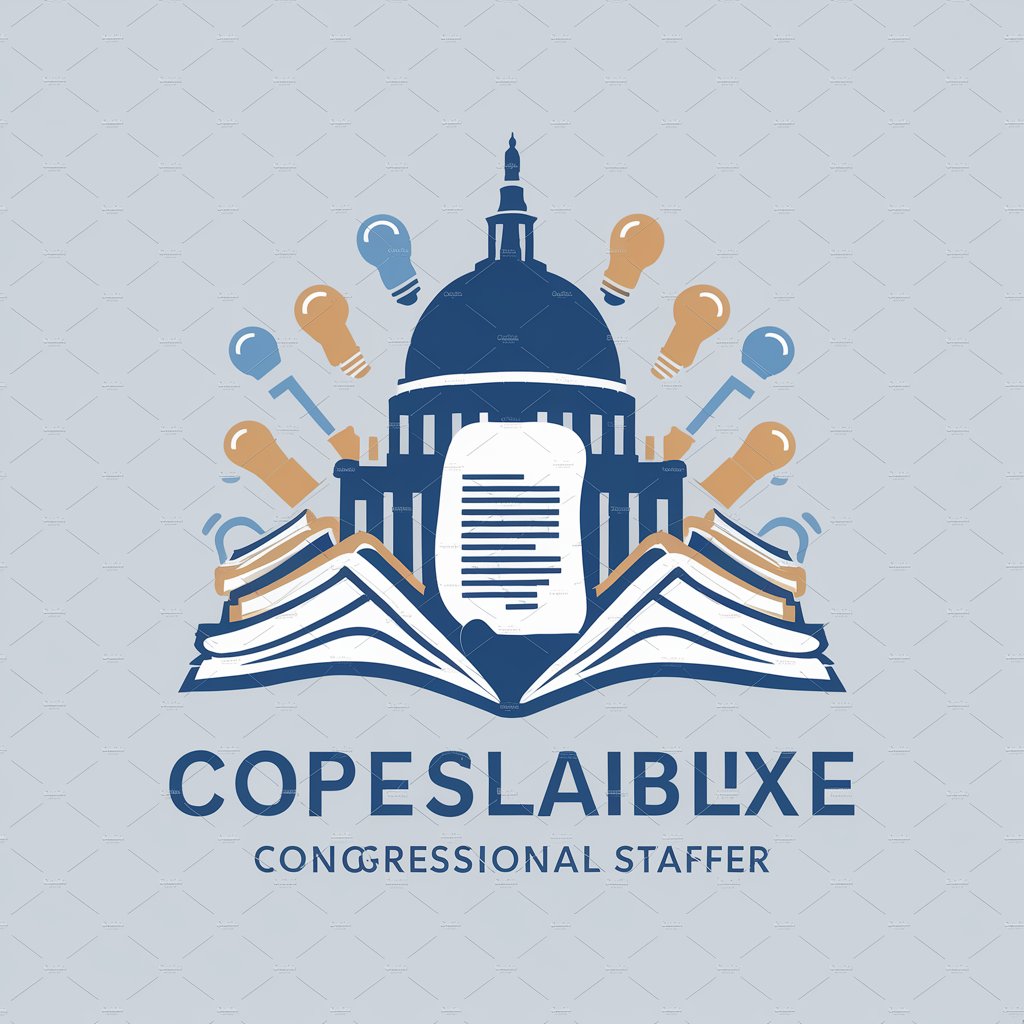
Parliament of Canada GPT
Unraveling Canada's Parliament with AI
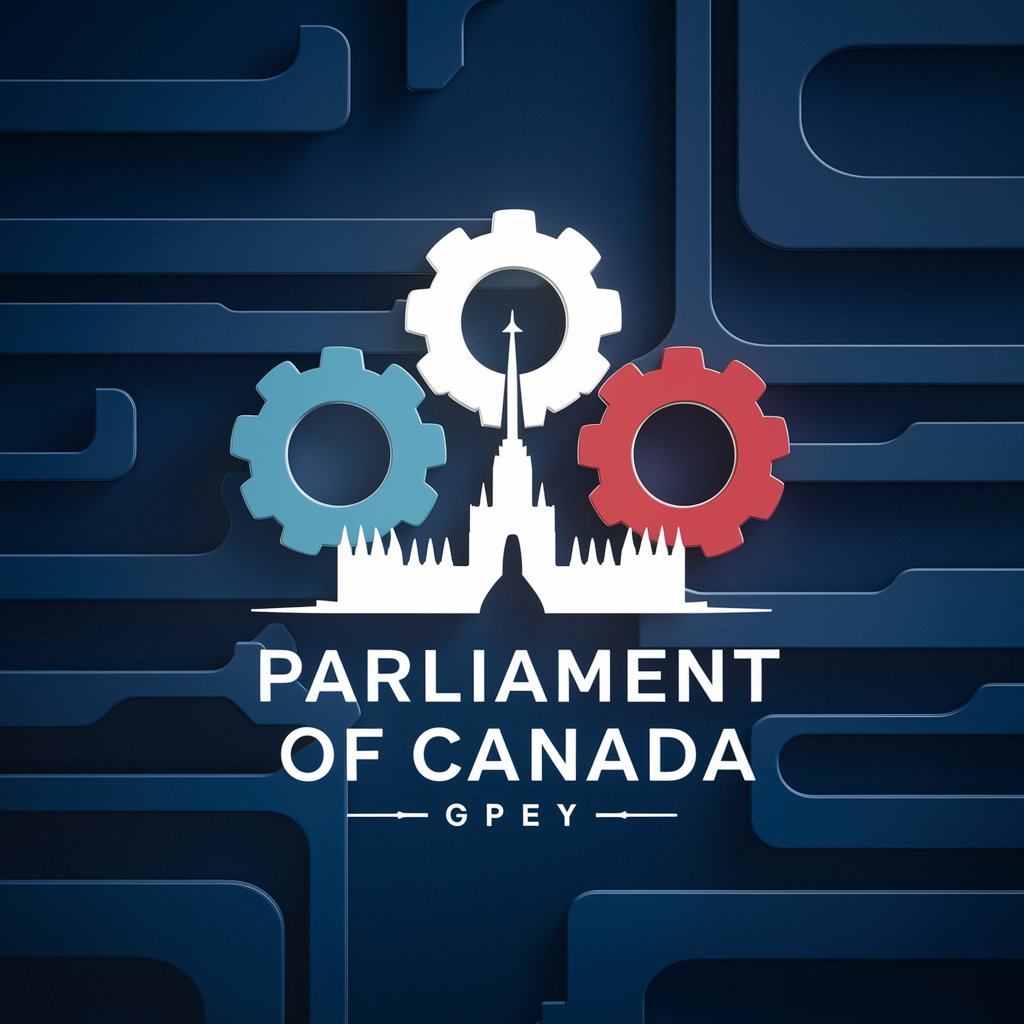
For the Record
Empowering Legislative Clarity with AI
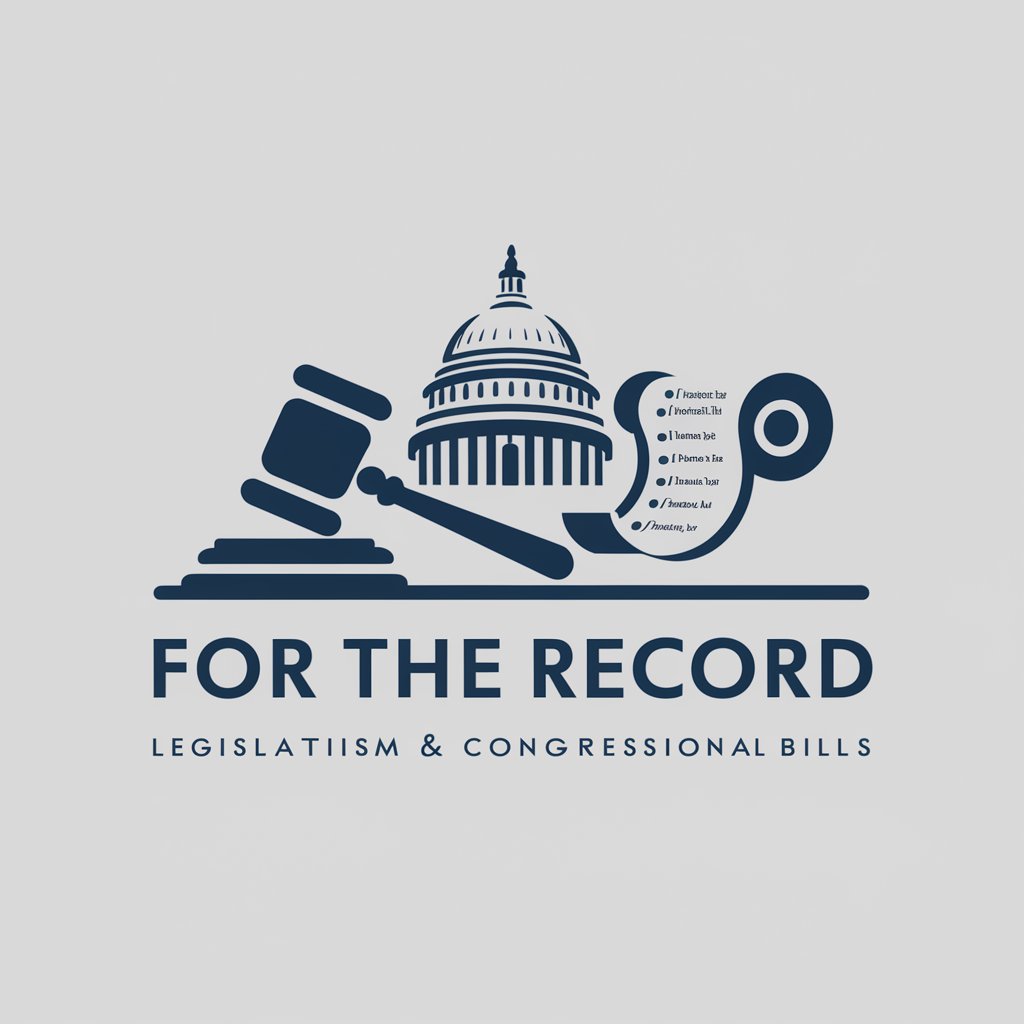
UAP Disclosure Act of 2023
Demystifying UAP with AI-powered insights

AB Bill GPT
Empowering Legal Decisions with AI

Korean Open Data Expert
Empowering open data innovation with AI

Government
Navigating Governance with AI
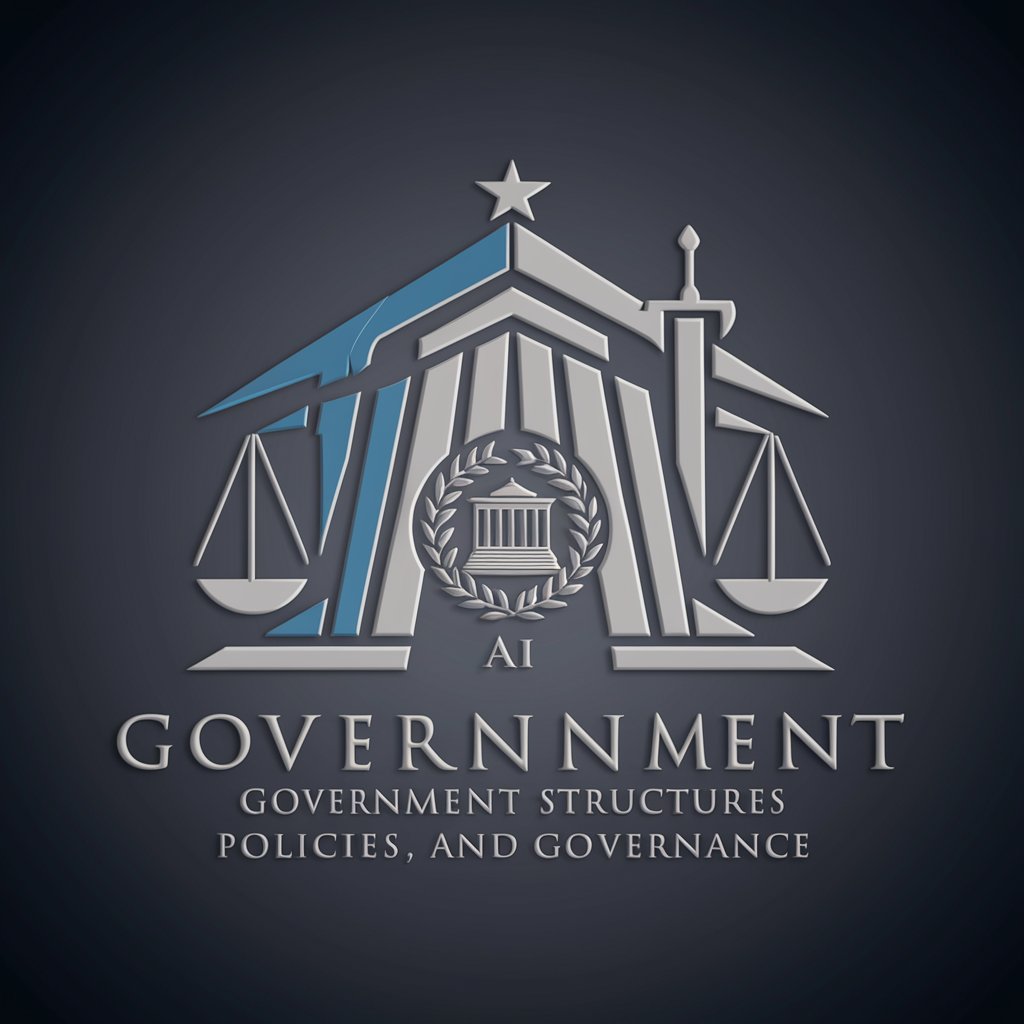
🗣️💼 Policy Influencer Pro
Empowering Policy Advocacy with AI

Congress
Expert insights into U.S. Congress, powered by AI.

Toronto City Council Guide
Empower Your Civic Knowledge with AI

Urbanity Guide
Empowering Urban Development with AI
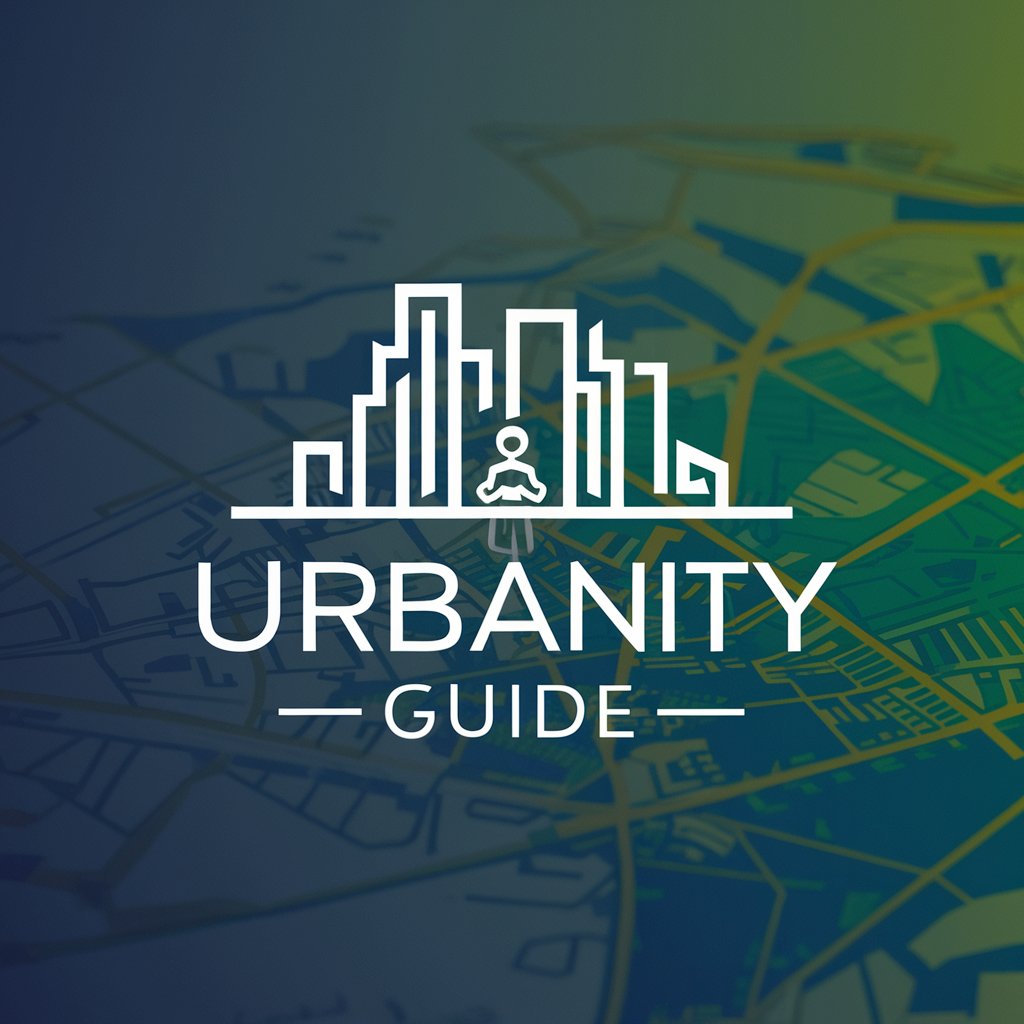
Key Attributes of Legislative Research AI
AI GPTs for Legislative Research boast unique features tailored to the legal domain, including natural language processing for understanding and generating legal text, adaptability to various legislative systems, and the ability to handle complex legal queries. Special features may encompass technical support for legal databases, web searching for precedents, image analysis for document verification, and data analysis for legal trends. These tools are designed to evolve, learning from new data to continuously improve accuracy and relevance in legislative contexts.
Who Benefits from Legislative Research AI
The primary users of AI GPTs for Legislative Research range from legal novices seeking to understand legislative processes, to developers creating legal research tools, and professionals like lawyers, paralegals, and lawmakers. These AI tools are accessible to users without coding skills through user-friendly interfaces, while also offering advanced customization options for tech-savvy professionals, making legislative research more efficient and comprehensive.
Try Our other AI GPTs tools for Free
Policy Tracking
Discover how AI GPTs for Policy Tracking revolutionize policy analysis with real-time updates, trend insights, and customizable features for professionals and non-technical users alike.
Educational Trips
Discover how AI GPTs revolutionize educational trips, enhancing learning through real-time information, interactive content, and logistical support, tailored to your journey.
Relaxation Activities
Discover how AI GPTs for Relaxation Activities can transform your wellness journey with personalized meditation, music, and visuals designed to promote relaxation and well-being.
Persona Exploration
Discover how AI GPTs for Persona Exploration unlock innovative persona creation and analysis, revolutionizing character development, marketing strategies, and user experience design.
Legal Reference
Discover how AI GPTs for Legal Reference revolutionize legal research and documentation, offering tailored, efficient solutions for legal professionals.
Business Motivation
Revolutionize your business motivation and productivity with AI GPTs. Tailored solutions for strategic advice and personalized content at your fingertips.
Further Perspectives on Legislative AI
AI GPTs for Legislative Research revolutionize legal research, offering user-friendly interfaces that democratize access to complex legal information. These tools are not just about automation; they're about enhancing the capacity for legal analysis and decision-making across different sectors, ensuring legal professionals and lawmakers can leverage AI to make informed decisions.
Frequently Asked Questions
What exactly are AI GPTs for Legislative Research?
AI GPTs for Legislative Research are specialized AI models designed to assist in understanding, analyzing, and generating legislative content, making them invaluable tools in the legal field.
How can AI GPTs assist in legislative research?
They can draft and summarize legislation, analyze legal precedents, interpret legislative language, and provide insights into complex legal queries.
Who can benefit from using these AI tools?
Legal professionals, lawmakers, paralegals, legal educators, students, and developers can all benefit from these AI tools for various legislative research tasks.
Do I need coding skills to use these AI GPTs?
No, these tools are designed to be accessible to both novices without coding skills and professionals who may utilize advanced features through programming.
Can these AI tools adapt to different legislative systems?
Yes, AI GPTs for Legislative Research are designed to be adaptable to various legislative systems and jurisdictions, learning from specific legal documents and systems.
What makes AI GPTs for Legislative Research unique?
Their ability to process and generate complex legal language, adaptability to different legal systems, and specialized features for legislative analysis distinguish them from general AI tools.
Can these tools integrate with existing legal research workflows?
Yes, they are designed to seamlessly integrate with existing legal research workflows, providing additional support and efficiency to legal professionals.
Are there customization options for specific legal research needs?
Absolutely, AI GPTs offer customization options that allow users to tailor the tool to specific legal research tasks and requirements.